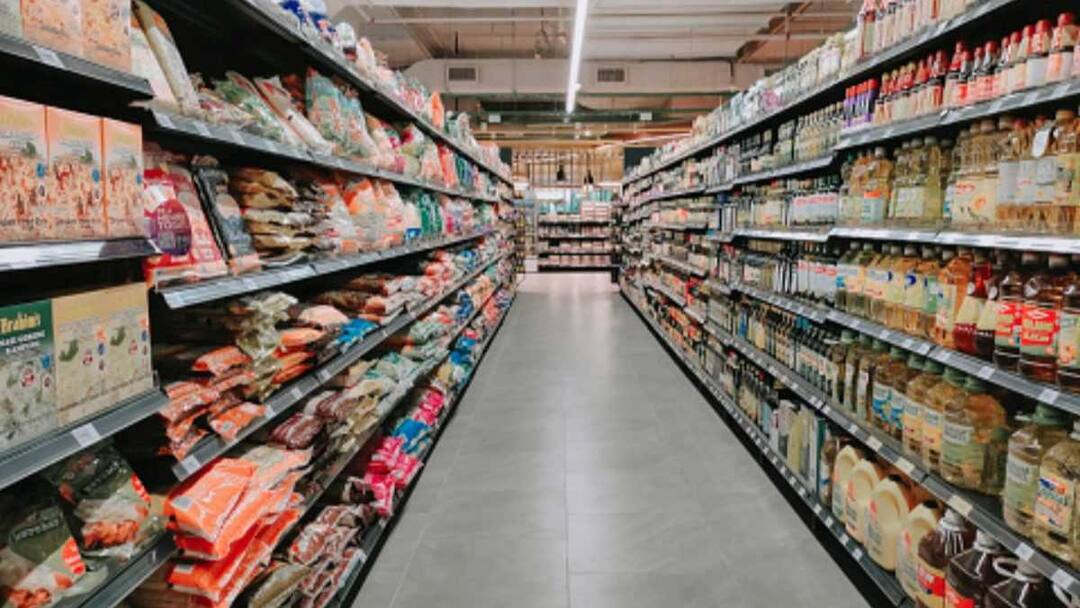FMCG Firms See Volume Growth In Single-Digits With Better Margins In Q3
Certain firms like Hindustan Unilever, ITC, Marico, Dabur, and Godrej Consumer Products stated that urban markets witnessed moderate growth, while rural India reported dampened demand

Fast-moving consumer goods (FMCG) firms logged single-digit volume growth with better margins during the October-December quarter in the current fiscal year. The growth was facilitated by improving commodity inflation, although the operating environment continued to pose challenges.
Some firms also registered a drop in their financial results after they shared the benefits of improvement in commodity prices with the customers by reducing the goods’ prices, in turn, impacting their gross sale numbers, reported PTI.
Certain firms like Hindustan Unilever, ITC, Marico, Dabur, and Godrej Consumer Products stated that urban markets witnessed moderate growth, while rural India reported dampened demand. However, the firms noted that they anticipate the situation to improve in the upcoming quarters. Further, they stated that late winter also affected several products like lotions, oils, and creams.
Notably, HUL logged a weak growth in consolidated net profit at Rs 2,508 crore in the quarter under review and said that its sales stood marginally lower at Rs 15,259 crore. Rohit Jawa, CEO and MD, HUL, stated, “Overall, FMCG demand trends have largely remained stable and similar to what we saw last quarter. While market volumes grew at high single digits year-on-year, this came on a base period where volumes declined in mid-single digit.”
In recent quarters, the firm said that modern trade channels have performed well and keep outpacing general trade. Also, premium products are logging an increase in volume growth, against mass products in the market.
Agreeing with the analysis, Marico added, “General trade continued to drag as it grappled with liquidity and profitability constraints, while alternate channels grew healthily. During the quarter, demand trends were stable with no visible improvement from the preceding quarter. Rural demand remained soft, while urban demand steadied its moderate growth trajectory. Within the sector, mass home and personal care categories aligned closely with the rural demand trajectory, while packaged foods led the sector owing to higher urban salience and penetration-led growth,” in an earnings statement. The firm owns brands like Saffola, and Parachute, among others and its India business reported a volume growth of 2 per cent in Q3 on a year-on-year (YoY) basis, while the turnover of the firm stood 3 per cent lower at Rs 1,793 crore.
ITC also noted that it saw a strong performance in the FMCG segments amidst dampened demand conditions. The firm reported a 7.6 per cent rise in revenue in the FMCG business in the period under review. “While certain commodity prices declined on a YoY basis, the cost table remains elevated compared to pre-pandemic levels; commodities such as wheat, maida, sugar etc. witnessed sequential uptick in prices,” the firm said.
At the same time, Godrej, stated that the company’s India sales in Q3FY24 climbed 9 per cent to Rs 2,160 crore, while the volume jumped 12 per cent. “We continue to deliver steady performance in Q3FY24 despite challenging market conditions. Our quality of profit continues to improve consistently on the back of superior growth in higher margin countries and categories,” said Sudhir Sitapati, Godrej’s CEO and MD.
Dabur India noted that it saw a growth of 200 basis points in its rural demand in the quarter that ended December 2023, along with a volume growth of 6 per cent. Mohit Malhotra, Dabur CEO, said, “Moderating inflation coupled with buoyant consumer sentiments and our focussed investment in distribution footprint expansion in rural India helped demand from the hinterland bounce back for Dabur.” The firm’s net profit climbed 6.2 per cent to Rs 506.44 crore, while the revenue from operation increased 7 per cent to Rs 3,255.06 crore, on a YoY basis.
Also Read : FPIs Investment In Debt Market Touches 6-Year High In January At Rs 19,800 Crore






































